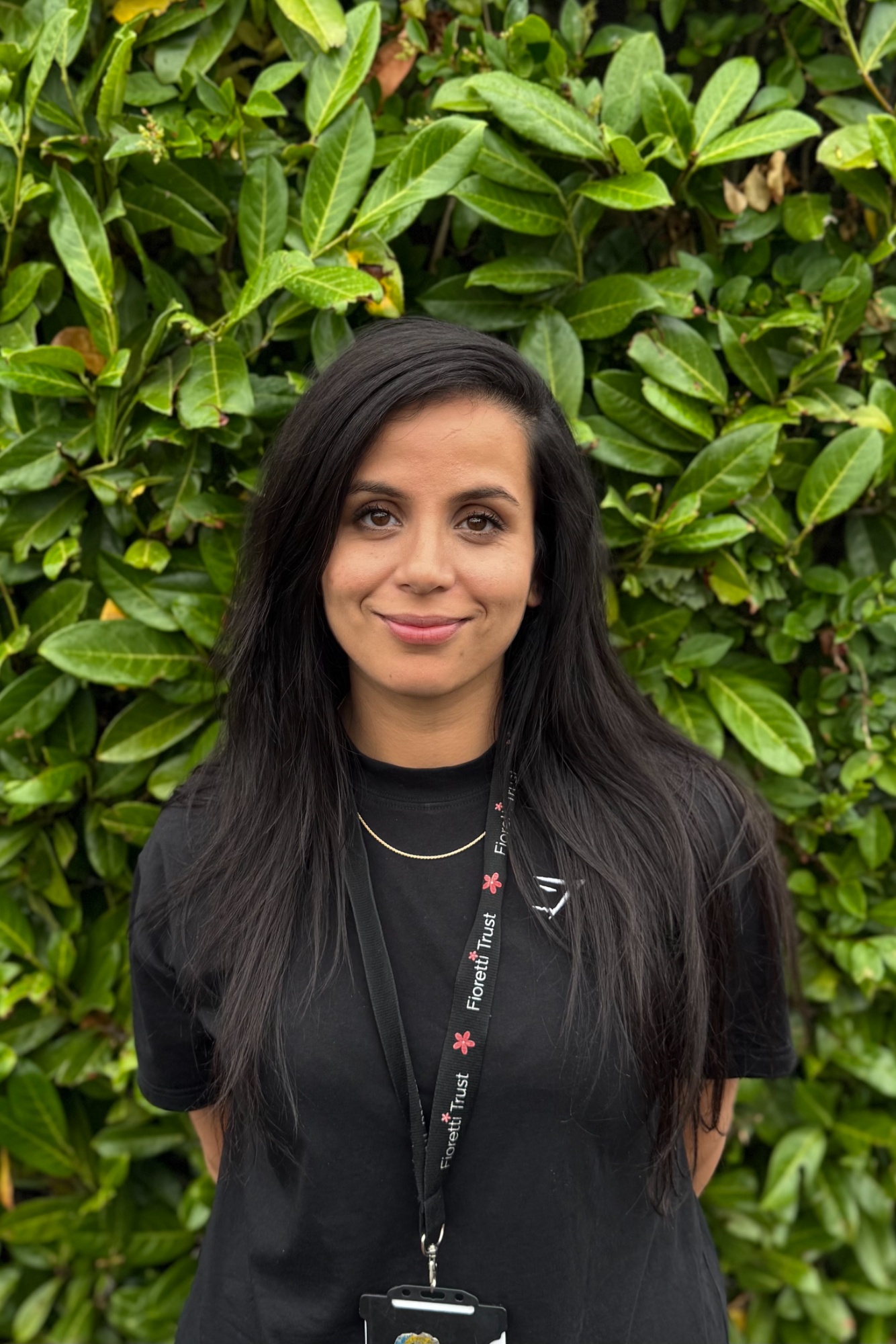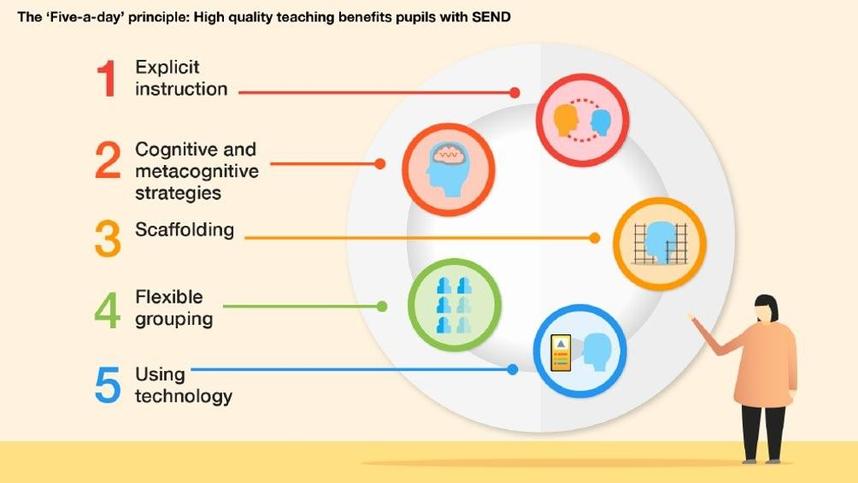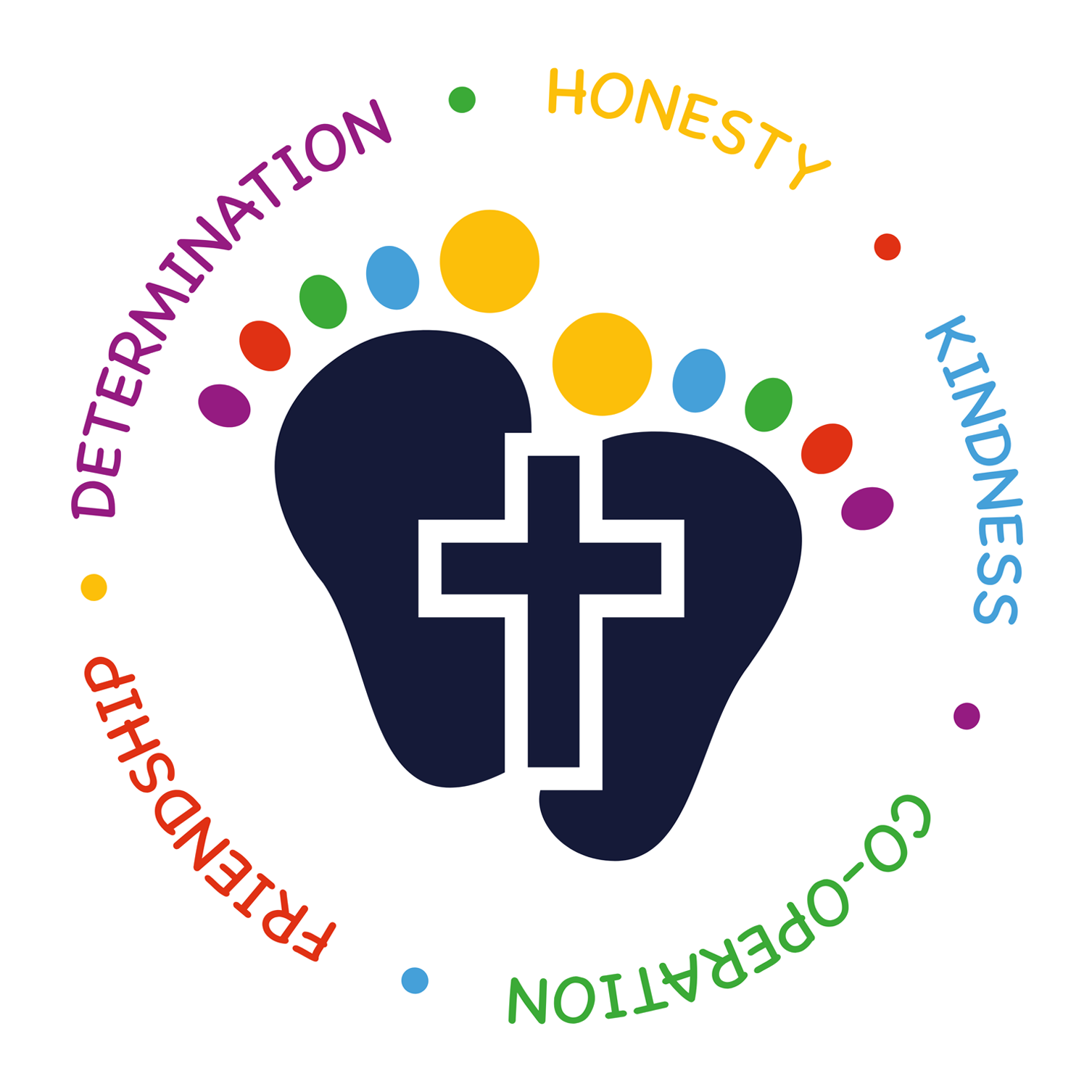Our School
SEND

SENDCo Details:
Mrs Saira Parveen
St Barnabas CE Primary School
Spring Lane
Erdington
Birmingham
B24 9BY
Tel: 0121 464 5813
Email: enquiry.stb@fioretti.co.uk
Birmingham’s Local Offer
You can access Birmingham’s Local Offer by clicking the link below:
The Local Offer provides clear information, advice and guidance about the services available for children and young people (from birth to 25 years) who have a Special Educational Need or Disability (SEND). This includes support with education, health, social care, leisure opportunities and preparation for adulthood.
SENDIASS – Independent advice and support
The Special Educational Needs and Disability Information, Advice and Support Service (SENDIASS) offers impartial advice and guidance for parents, carers and young people in Birmingham.
SENDIASS can:
-
Explain SEND procedures and help you understand your rights and the law.
-
Support you in discussions with school and other professionals.
-
Provide information about services and resources that may help you and your child.
Contact SENDIASS:
-
Email: sendiass@birmingham.gov.uk
-
Telephone: 0121 303 5004
Our SEND provision
At Saint Barnabas, we comply with the Children and Families Act 2014 and the SEND Code of Practice, as well as the Equality Act 2010 and Disability Regulations 2014. We make provision for pupils across all four broad areas of need:
-
Communication and interaction
-
Cognition and learning
-
Social, emotional, and mental health
-
Sensory and/or physical needs
We recognise that some pupils may have needs in more than one area, and we tailor provision to meet each child’s individual requirements. The support outlined here provides a guide, but every pupil’s plan is personalised.
We firmly believe that high-quality teaching, differentiated for individual learners, is the first step in responding to pupils who have or may have SEND. All teachers at Saint Barnabas follow evidence-based approaches recommended by the Education Endowment Foundation (EEF), including the 5-a-day principles, which are proven to add maximum value for learners with SEND.

Cognition and Learning
Cognition and LearningChildren and young people with cognition and learning needs may find learning, thinking and understanding more difficult than their peers. Types of need and what this could look likeSome children and young people may:
Examples of support available in our school
How do we check if it is working
|
Communication and Interaction
Children and young people with communication and interaction needs may find it more difficult than their peers to interact with others and to understand and use spoken language effectively.
Types of need and what this could look like
Some children and young people may:
-
Find it difficult to communicate with adults or peers, particularly in group situations.
-
Struggle to talk about topics they have not chosen themselves.
-
Have difficulty making or maintaining friendships.
-
Find it challenging to follow rules or routines established by others.
-
Experience anxiety or distress when routines change.
-
Find certain environments overwhelming, for example due to noise, smells or other sensory experiences.
-
Struggle to express their own thoughts or feelings.
-
Find it hard to understand the meaning or intent behind what others are saying.
-
Have difficulty with speech and language development, including expressing themselves clearly.
Examples of support available in our school
-
Teachers adapt the way they deliver lessons, using strategies and resources that support communication and interaction.
-
Targeted programmes to develop social communication skills, such as Social Use of Language, Lego Therapy, or sensory groups.
-
Use of visual support strategies, including timetables, task boards, and social stories.
-
Speech and language assessments (e.g. WellComm) to identify needs and set clear, measurable targets.
-
Advice and guidance from specialist staff and external professionals to inform strategies.
-
Opportunities for positive role modelling of social interaction.
-
Structured support during unstructured times, such as lunchtime clubs, friendship groups, or mindfulness activities.
How do we check if it is working
-
Regular observations of the child or young person in class and during social situations.
-
Reviewing progress against individual targets.
-
Gathering feedback from teachers, support staff, and specialist professionals.
-
Talking with the child or young person about how they feel communication and interaction is improving.
-
Discussions with parents and carers to share observations and progress.
-
Using tools such as emotions cards, prompts, or self-assessment strategies to understand the child’s experiences.
Sensory and/or Physical Needs
Children and young people with sensory and/or physical needs may have a disability that makes it more difficult for them to manage aspects of everyday life without adaptations or additional support. This may be due to hearing or visual impairments, physical difficulties, or specific medical needs.
Types of need and what this could look like
Some children and young people may:
-
Find it difficult to hear others clearly in the classroom or wider school environment.
-
Struggle to read text on books, worksheets, or whiteboards unless enlarged or adapted.
-
Experience difficulty moving around the school safely and independently.
-
Find it challenging to use standard resources or equipment.
-
Require support in managing medication or specific medical procedures.
Examples of support available in our school
-
Teachers adapt teaching methods, materials, and classroom arrangements to ensure access to learning.
-
Professional advice is sought from specialist support services, such as hearing impairment, visual impairment, or physical disability teams.
-
Access to timetabled physiotherapy or occupational therapy sessions, where recommended.
-
Use of specialist equipment or technology to remove barriers to learning.
-
Adaptations to the school environment where possible, e.g., ramps, accessible toilets, or modified furniture.
-
Reasonable adjustments are made to the curriculum and teaching to meet individual needs.
-
Support from external outreach services and medical professionals as appropriate.
How do we check if it is working?
-
Monitoring the child or young person’s access to, and progress within, a broad and balanced curriculum.
-
Observations of the child or young person in lessons and around the school environment.
-
Regular discussion with external professionals to review and update management plans.
-
Ongoing dialogue with staff working directly with the pupil.
-
Talking with the child or young person to gather their views on the support in place.
-
Regular communication with parents and carers.
-
Liaison with specialist agencies to ensure support remains effective and appropriate.
Social, Emotional and Mental Health (SEMH)
Children and young people with SEMH needs may find it difficult to manage their emotions and behaviour in ways that affect their learning, relationships, and daily life.
Types of need and what this could look like
Some children and young people may:
-
Find it difficult to follow rules and routines set by others.
-
Struggle to sit still or maintain concentration for extended periods.
-
Have difficulty listening to and following instructions.
-
Find it hard to recognise, manage, or explain their feelings.
-
Experience challenges in making or keeping friendships.
-
React to difficulties in ways that could cause harm to themselves or others.
-
Find it difficult to take responsibility for their actions.
Examples of support available in our school
-
Reasonable adjustments are made to the curriculum and teaching approaches to reduce barriers to learning.
-
Guidance and strategies from trained staff and external professionals.
-
Small group interventions focused on developing social, emotional, and self-regulation skills.
-
Short, targeted one-to-one sessions to allow pupils to talk through issues and develop coping strategies.
-
Individual targets to address specific needs and support positive behaviours.
-
Personalised social stories and resources to help children understand appropriate responses in different situations.
-
Access to pastoral support, including the Pastoral Manager.
-
Use of strategies such as a “time out” or “get out of class” pass, where appropriate.
How do we check if it is working?
-
Observations of the pupil’s ability to cope with routines, relationships, and learning in school.
-
Monitoring progress against individual social, emotional, or behavioural targets.
-
Feedback from teachers, support staff, and external professionals.
-
Talking with the child or young person to capture their views and experiences.
-
Ongoing discussions with parents and carers.
-
Use of tools such as emotion cards, prompts, and self-reflection activities to support and monitor progress.

